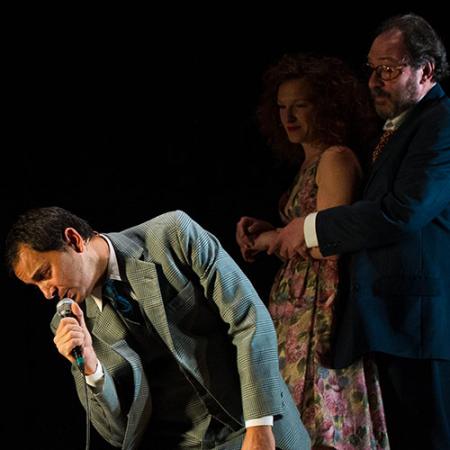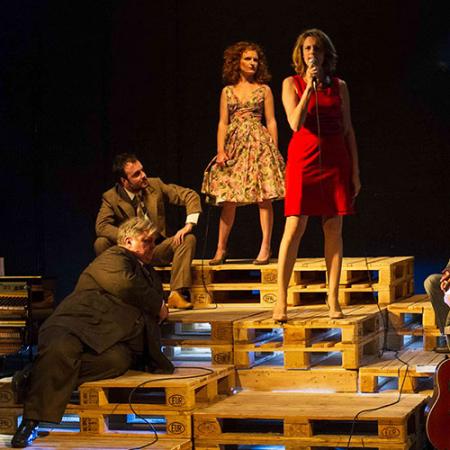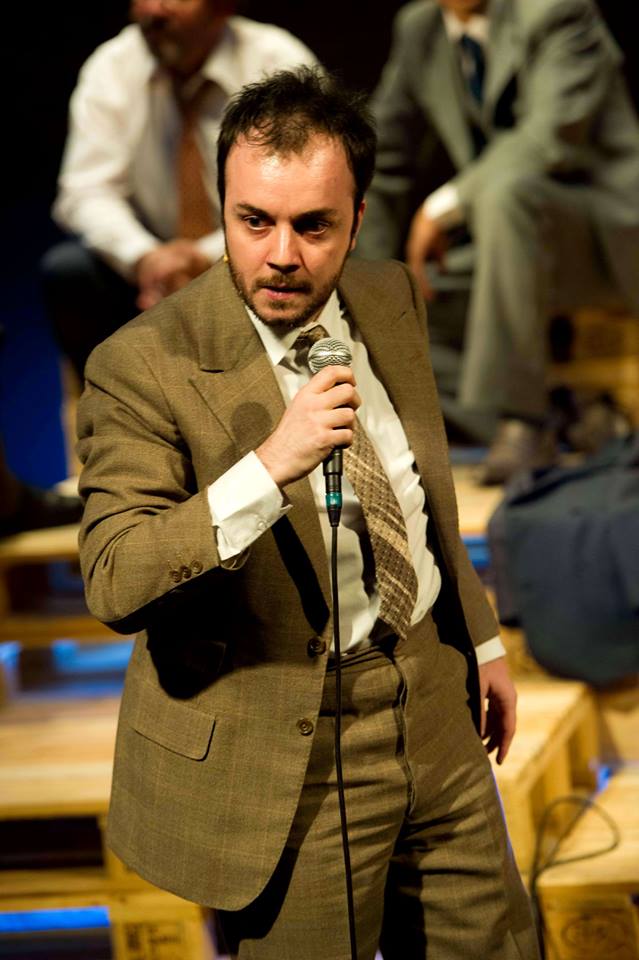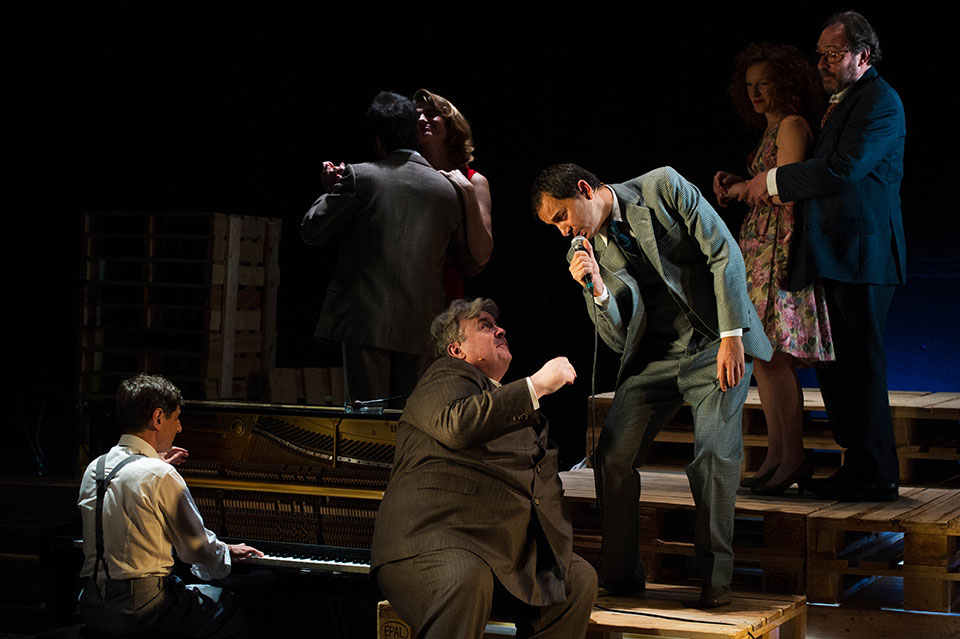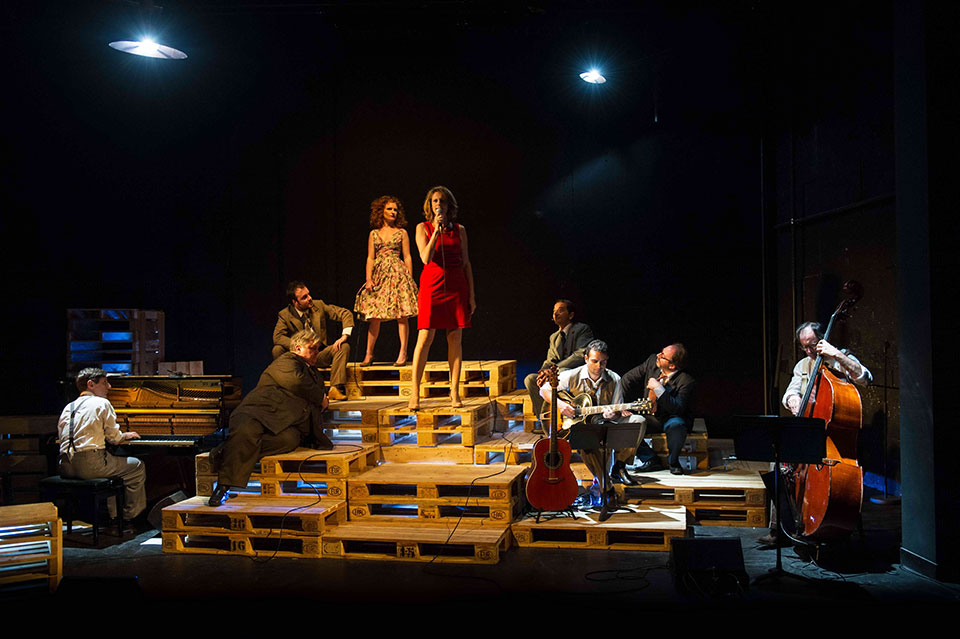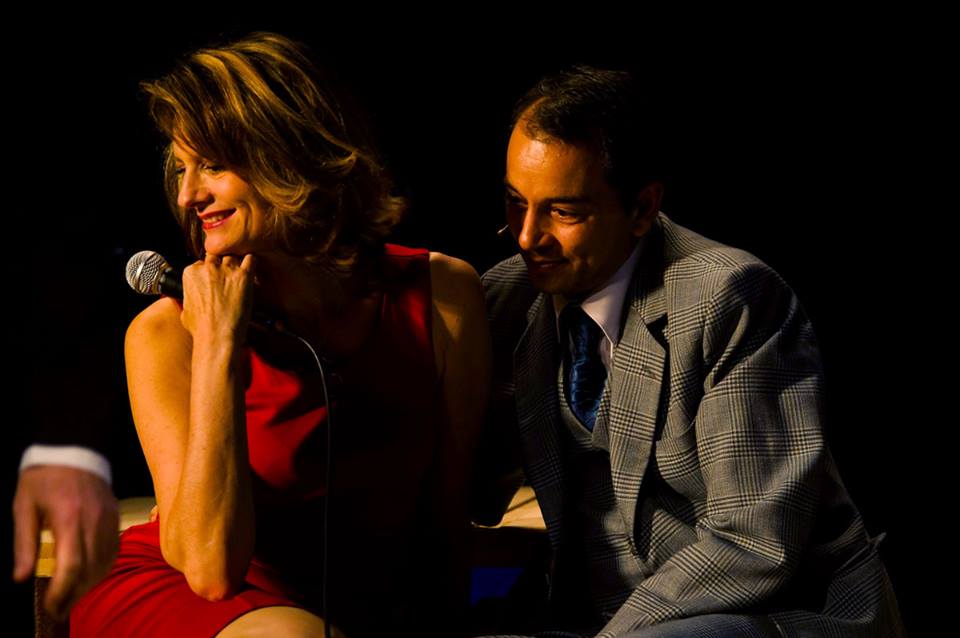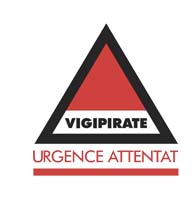Cabaret Georges Brassens
by Georges Brassens
Directed by Thierry Hancisse
Studio
Studio
Cabaret Georges Brassens
2014-05-03 00:00:00 2014-06-15 00:00:00
Selecting from the dozens of songs written, composed and performed by Georges Brassens, Thierry Hancisse mixes the popular favourites with lesser known titles.
The Troupe of the Comédie-Française has been expanding its musical repertoire for several seasons with cabarets giving pride of place to French songs, but also with musicals such as The Threepenny Opera or An Italian Straw Hat. After Four Women and a Piano directed by Sylvia Bergé and the Boris Vian cabaret orchestrated by Serge Bagdassarian last season, Thierry Hancisse takes on the work of Georges Brassens. Selecting from the dozens of songs written, composed and performed by the poet, he mixes the popular favourites with lesser known titles. An immersion in the Brassens’ songbook that takes us off the beaten track, letting us discover a lesser known facet of these songs that are part of French musical heritage.
Georges Brassens, the author
A native of Sète, Georges Brassens (1921-1981) began writing poems and setting them to music as a teenager. In 1943, he was enlisted in the compulsory work programme (STO) but when on leave took refuge in the home of a couple of friends, Marcel and Jeanne Planche, who offered him a haven where he wrote most of his work. At the end of the war, this free-thinker made no secret of his anarchist sympathies and displayed his ideological convictions, in particular in Gorilla where he took a stance against the death penalty. His songs always uncompromisingly denounce the failings of society, in a deeply humanistic perspective. He started to become successful in the fifties, performing both his own texts and those of the greatest poets (Villon, Hugo, Verlaine, Paul Fort, Aragon). Today, himself recognised as a poet belonging to national memory, Brassens enjoys cross-generational appeal and is studied in secondary and higher education.
Thierry Hancisse, the director
Thierry Hancisse is a fan of the sung word and has participated in many of the Comédie-Française’s musical projects: the first cabaret at the Théâtre du Vieux-Colombier in 1993, Paris-Cabaret directed by Véronique Vella, Offenbach’s La Vie Parisienne directed by Daniel Mesguich, Beaumarchais’ The Barber of Seville and Molière’s The Affected Young Ladies directed by Jean-Luc Boutté, and Bertolt Brecht’s Mother Courage directed by Jorge Lavelli. The actor is inspired by the delicate, tender, light and caressing intimacy of Brassens’ songs. He admires the precision of his language and the subtlety of the music that lets the emotions surface without forcing them.
1:15

Creative team
Artistic direction: Thierry Hancisse
Musical direction: Benoît Urbain
Lights: Éric Dumas
Distribution
the company
-
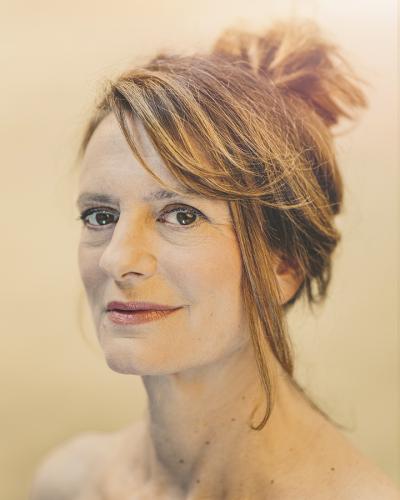
Sylvia
See biography
Bergé -

Éric
See biography
Génovèse -
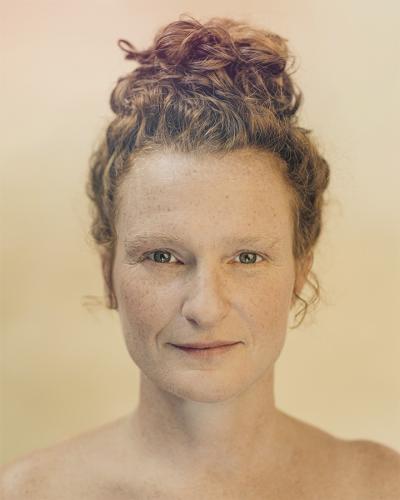
Julie
See biography
Sicard -

Serge
See biography
Bagdassarian -

Hervé
See biography
Pierre -

Jérémy
See biography
Lopez
et
Benoît Urbain : pianiste, accordéoniste
Olivier Moret : contrebassiste
Paul Abirached : guitariste

